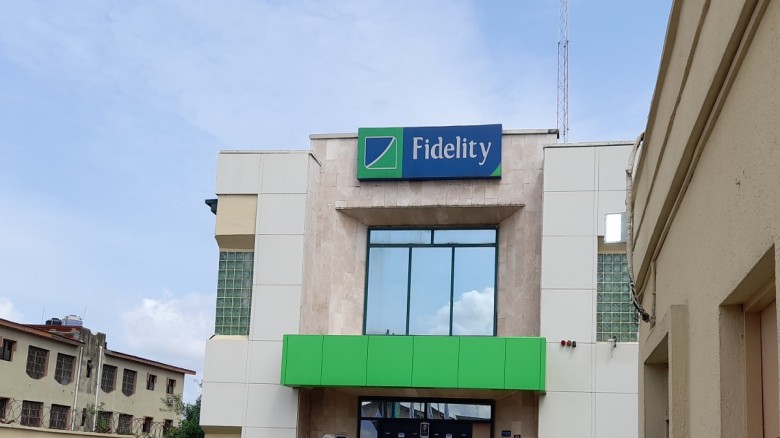NCGC, Banks sign MOU to expand credit for women, youths
The National Credit Guarantee Company has established a memorandum of understanding with financial institutions involved to enhance credit access for businesses led by women and youth.The agreement, which was finalized on Thursday in Lagos, involved notable leaders from the financial sector, development partners, and other contributors.
As part of the collaboration, NCGC will provide credit guarantee solutions aimed at minimizing lending risks for micro, small, and medium enterprises, local manufacturers, and underserved consumers.
The initiative seeks to alleviate funding obstacles by allowing financial institutions to offer credit with improved assurance, as NCGC will absorb a portion of the associated risk.
Bonaventure Okhaimo, NCGC’s managing director and chief executive officer, emphasized that this agreement signifies more than mere documentation.
“This initiative transcends simple paperwork; it is about establishing a strong partnership that will transform credit access in Nigeria,” he remarked.
Okhaimo noted that micro, small, and medium enterprises, which account for nearly half of Nigeria’s GDP, face ongoing challenges in securing affordable financing due to high risk assessments.
He clarified that NCGC was established to close this financing gap, offering solutions such as individual loan guarantees up to N10 billion, portfolio guarantees limited to N5 billion, and partial credit guarantees covering as much as 60% of a loan’s value.
Tinuola Aigwedo, the executive director of strategy and operations, stated that the program is aimed at empowering women and youth entrepreneurs.
“This partnership goes beyond financial inclusion; it is about fostering economic empowerment.
“By facilitating credit access for young and female entrepreneurs, we are creating a stronger and more equitable economy,” she explained.
In addition, NCGC mentioned that it will allocate N5 billion in credit guarantees to each participating financial institution during the pilot phase, concentrating on agriculture, fashion, green energy, exports, and education.
The organization also indicated that this initiative will enhance job creation, strengthen value chains, and improve Nigeria’s credit-to-GDP ratio.
























Leave A Comment